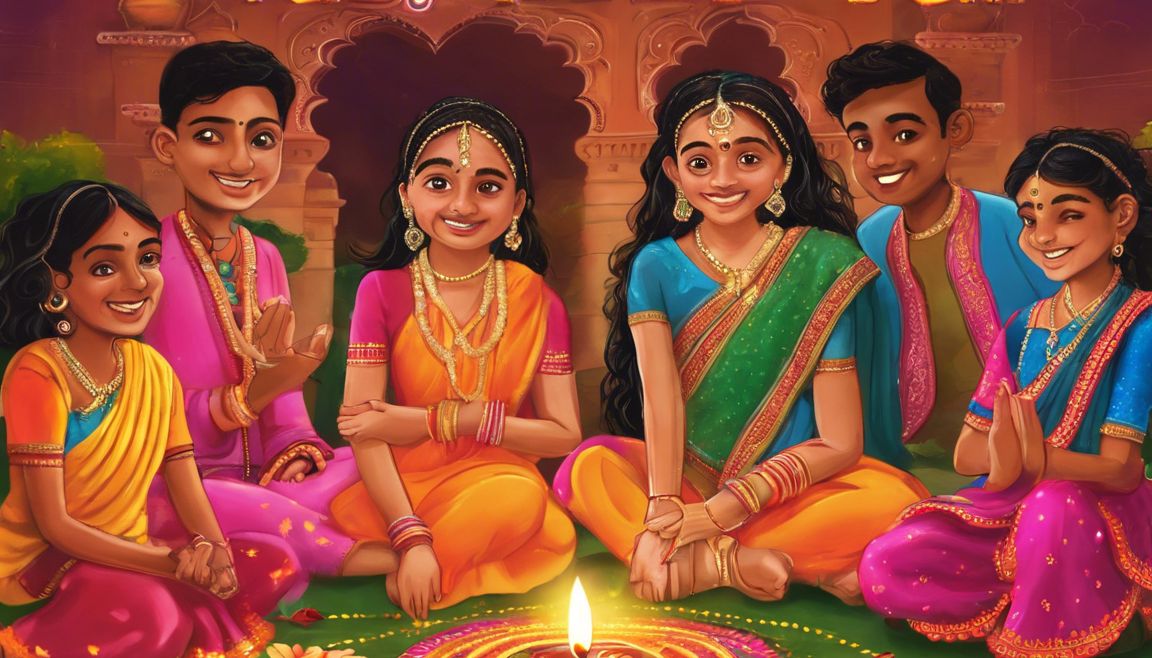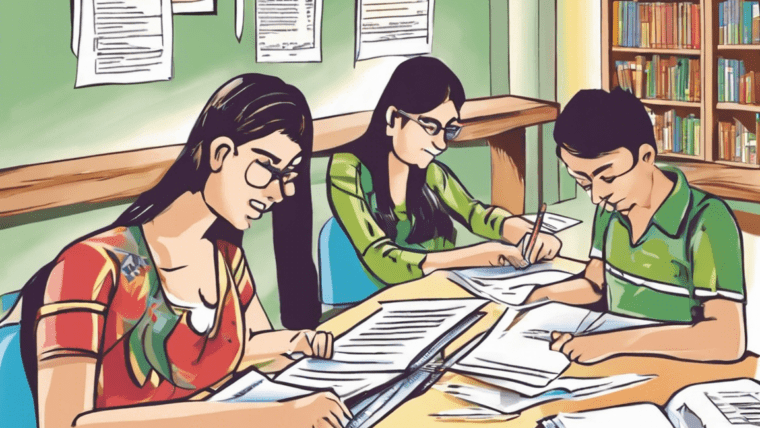Diwali, also known as Deepavali, is one of the most widely celebrated festivals in India and among the Indian diaspora around the world. It is a celebration of light triumphing over darkness, good over evil, and knowledge over ignorance. The festival spans over five days and is filled with traditions, rituals, feasting, and merrymaking. Let’s delve deeper into the significance, customs, and traditional practices associated with Diwali.
The Significance of Diwali
Diwali holds great significance in various religions and regions across India. For Hindus, it marks the return of Lord Rama to Ayodhya after defeating the demon king Ravana and completing his 14-year exile. In Sikhism, Diwali commemorates the release of Guru Hargobind Ji along with 52 kings from imprisonment by the Mughal Emperor Jahangir. Jainism celebrates Diwali as the day Lord Mahavira attained nirvana.
One of the central themes of Diwali is the lighting of lamps and candles, symbolizing the victory of light over darkness and the dispelling of ignorance. Homes, temples, and streets are illuminated with an array of lights, creating a mesmerizing sight.
Preparations and Customs
Cleaning and Decoration
Cleaning – A few weeks before Diwali, homes undergo a thorough cleaning to welcome the Goddess Lakshmi, who is believed to bring wealth and prosperity.
Rangoli – Colorful patterns made with colored powders, flowers, or rice are drawn at the entrance of homes to welcome guests and bring good luck.
Shopping and Gifts
New Clothes – It is customary to buy new clothes for the festival. Wearing new attire symbolizes new beginnings and prosperity.
Gifts – Exchanging gifts with family and friends is a common practice during Diwali. It signifies love, appreciation, and strengthening of relationships.
Traditional Practices during Diwali
Puja and Religious Rituals
Lakshmi Puja – Goddess Lakshmi, the goddess of wealth and prosperity, is worshipped during Diwali. The puja involves offerings of flowers, incense, sweets, and lighted lamps.
Ganesha Puja – Lord Ganesha, the remover of obstacles, is worshipped before any auspicious occasion. A puja dedicated to him is performed at the beginning of Diwali celebrations.
Fireworks and Crackers
Fireworks – Bursting fireworks is a common tradition during Diwali. It is believed to drive away evil spirits and bring joy and prosperity.
Eco-friendly Diwali – In recent years, there has been a push towards celebrating an eco-friendly Diwali by reducing the use of fireworks that cause pollution and harm the environment.
Special Diwali Delicacies
Sweets and Snacks
Sweets – Diwali is incomplete without a variety of sweets like laddoos, barfis, jalebis, and gujiyas.
Snacks – Savory snacks like namkeens, chaklis, mathris, and samosas are also prepared in households.
Special Meals
Diwali Dinner – Families come together to enjoy a lavish dinner featuring an array of dishes like paneer tikka, biryanis, pulaos, and vegetable curries.
Family and Community Celebrations
Get-Togethers and Visits
Family Reunions – Diwali is a time for families to come together, share meals, exchange gifts, and create lasting memories.
Community Celebrations – Many neighborhoods organize community gatherings, puja ceremonies, and cultural events to celebrate the festival collectively.
FAQs about Diwali
1. What are the significance and symbolism of lighting lamps during Diwali?
Lighting lamps and candles during Diwali symbolizes the triumph of light over darkness, knowledge over ignorance, and the presence of the divine in our lives.
2. Why is Goddess Lakshmi worshipped during Diwali?
Goddess Lakshmi is worshipped during Diwali to invoke blessings of wealth, prosperity, and good fortune for the family.
3. How is Diwali celebrated in different regions of India?
Diwali celebrations vary across India. In North India, it commemorates the return of Lord Rama, while in South India, it honors Lord Krishna defeating the demon Narakasura.
4. What are some eco-friendly ways to celebrate Diwali?
Celebrate with diyas and candles, minimize the use of firecrackers, opt for biodegradable decorations, and support local artisans by buying handmade products.
5. What are some traditional games played during Diwali?
Games like teen patti (a card game), tambola (bingo), and Diwali riddles are popular during the festival, adding to the festive spirit.
Diwali is not just a festival; it is a vibrant tapestry woven with cultural, religious, and social threads that bind communities together in joy and celebration. It is a time to reflect on the victory of good over evil, light over darkness, and the myriad blessings that life bestows upon us. As the lights twinkle and festivities echo through the night, Diwali truly embodies the essence of hope, positivity, and the eternal triumph of the human spirit.


